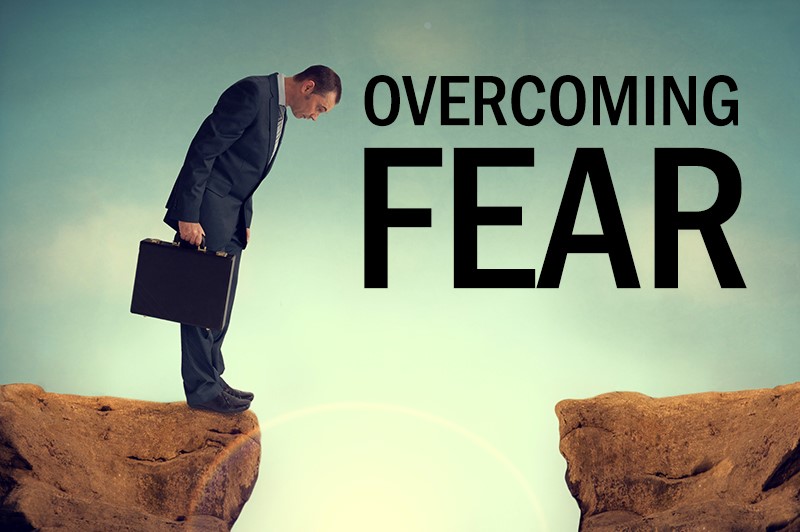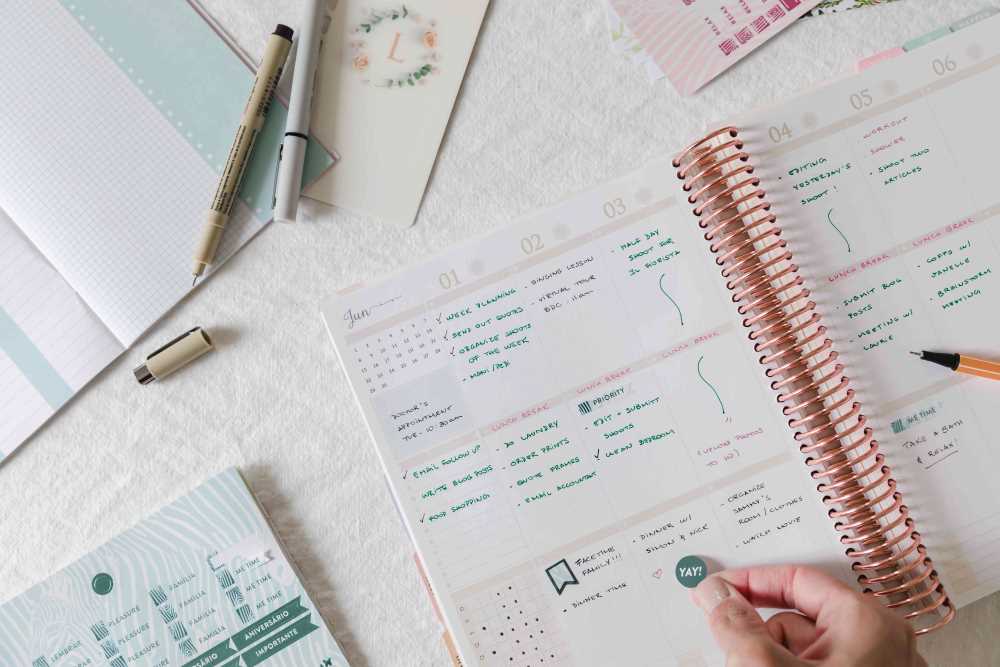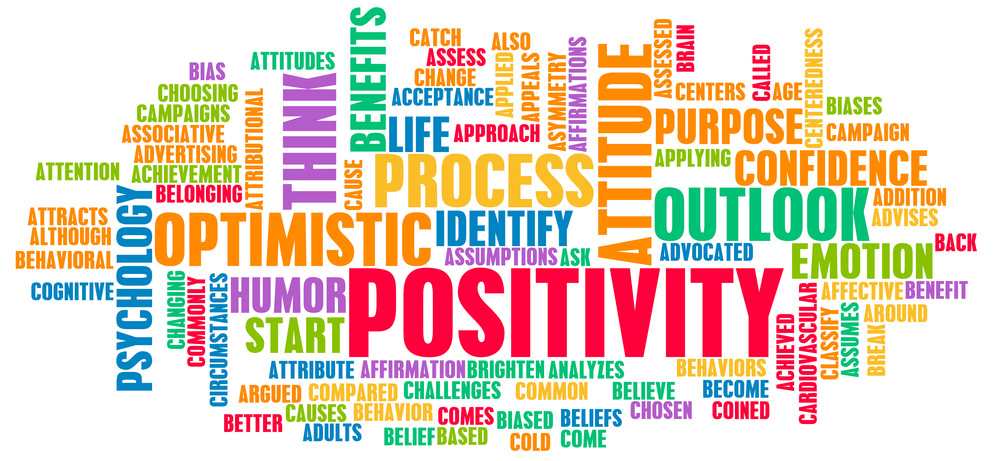
The proverb “That which does not kill us makes us stronger,” attributed to Friedrich Nietzsche, expresses the notion of overcoming hardship in order to achieve personal development and progress.
When life throws a curveball, the difficult part is actually making the required moves to overcome adversity. It should come as no surprise that resilience has been associated with improved wellbeing across a range of populations, such as those experiencing life changes, those with traumatic childhood experiences, and those involved in team building and skill development.
However, because it requires us to confront difficult situations that we may not want to face, growing our personal resilience is something that is frequently ignored or rejected.
According to resilience theory, resilience may be an internal and external construct in addition to being a trait, process, or collection of result behaviors. It can also be an interrelated blend of all three of these concepts.
A good attitude or a sense of humor are examples of internal structures, whereas social support from friends, family, coworkers, or a group connection are examples of external constructs.
A person is considered resilient through these amalgamated structures and processes if they have the ability to recover from a traumatic or unfavorable experience that has affected them.
There is a wealth of studies on boosting resilience in the face of challenging circumstances. Establishing sound boundaries in interpersonal interactions, for instance, may assist in reducing the negative impacts of stress.
In order to address development and resilience, it’s critical to be able to say “no,” set boundaries, and respect personal space if a life experience causes severe suffering or loss.
In a similar vein, getting more sleep, cutting back on alcohol, meditating or practicing mindfulness, learning soothing activities like yoga, and giving up obsessive behavioral patterns can all be beneficial for boosting resilience in the face of hardship.
Six Resiliency Strategies with Goals
Overcoming Fears

There’s an old proverb that says it’s right to be afraid as long as we don’t let it stop us. Resilient people ignore their worries and concentrate on achieving their own objectives. They are empowering themselves by realizing their value and worth by addressing their fears and overcoming bad relationships, poisonous behaviors, and acquiring new, healthy skills.
Even while it could be difficult at first to break a self-destructive habit or leave an unhealthy connection with family or friends, doing so eventually strengthens one’s inner fortitude and fosters self-awareness, both of which are critical for developing resilience.
Objectives and Conduct

A person who chooses to become more resilient is also choosing to make sure that their behavior, objectives, and values are all in line with one another. For instance, if your aim is to increase your feeling of autonomy and self-direction, you may include in your objective a value that you have set for yourself, such as not comparing yourself to other people or giving yourself time to strengthen your resilience.
Your goal-directed conduct might become a goal you achieve if you remain loyal to your own ideals.
In a similar vein, you can find that you are not accomplishing your goals as quickly as you would want to when your values, actions, and goals are not aligned.
If this is seen, it could be necessary to adjust your goals and refocus in order to get back on track with your desired outcome.
Keep a Journal to Adjust

When someone is going through hardship or misfortune, they might feel overwhelmed and find it difficult to express their feelings. This frequently results in a vicious loop where nothing is tried and nothing is accomplished.
Your ability to put your ideas and feelings down on paper through journaling, whether done online or in a notebook, may assist you in rearranging your needs and setting objectives that will boost resilience.
Some therapists advise keeping a diary using many techniques, such as emailing or messaging yourself or using an old-fashioned pen and paper, since they could stimulate different parts of your imagination and accelerate your goal-achieving.
Modify Your Perspective
Words like “pain” or “suffer” might make you feel as though you’ve been wronged or that you’ve just been a bystander in your own life. How you feel and what you think is true about yourself may be influenced by the words you choose to describe who you are and what events have taught you.
Words that convey empowerment and well-being, like “thriving,” might help you reframe the way you see the world. You are taking charge of your life, the decisions you make, and the objectives you set for yourself when you decide to see hardship as a source of empowerment.
Take Up Positive Challenges for Yourself

Reframing negative life experiences as a means of overcoming new obstacles is the essence of boost resilience. Resilient people frequently see obstacles as exciting or inspiring, which inspires them to start establishing new objectives or apply the lessons they’ve learned from the past to their current circumstances.
Adversity may strengthen your inner strength by helping you set objectives that are in line with conquering those problems if you view it as a positive and personal task.
Take Care of Yourself

Self-care entails more than just having a massage or visiting a day spa. Although they are fantastic and may support a state of tranquility, self-care entails so much more. For instance, scheduling daily activities like exercise, meditation, and food planning is frequently linked to self-care.
Taking the effort to learn how to make a healthy budget that adheres to the “30-30-30-10” guideline or a comparable plan that fits with your particular goals is one way to practice self-care.
Talk therapy with a qualified professional who can empower you and help you set additional objectives is one kind of self-care. Alternatively, you may decide to improve the connections you do decide to maintain while being more careful about who you choose to stay in your life.
Citations
Grunwald, S., and Ardelt, M. (2018). The significance of introspection and consciousness for personal growth during difficult circumstances. Human Development Research, 15, 187–199.
Hufana, A., Consoli, M., and Hufana, M. L. (2019). “I persevere and don’t give up”: Examining adult Filipino Americans’ fortitude. Journal of Psychology in Asian America, 11, 3–13.



